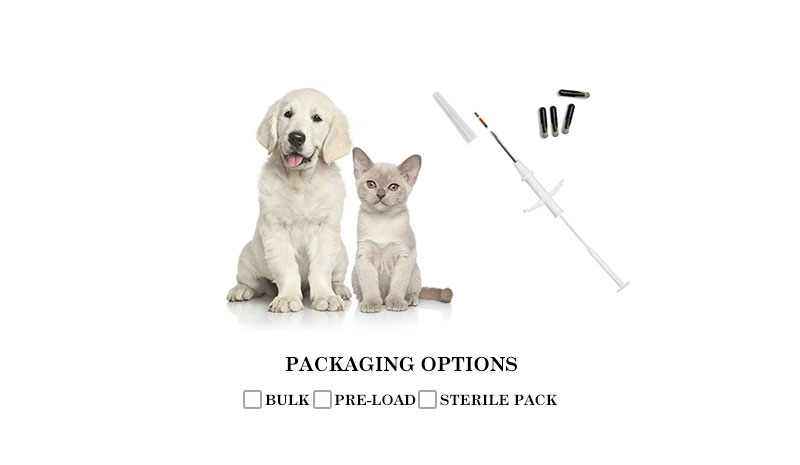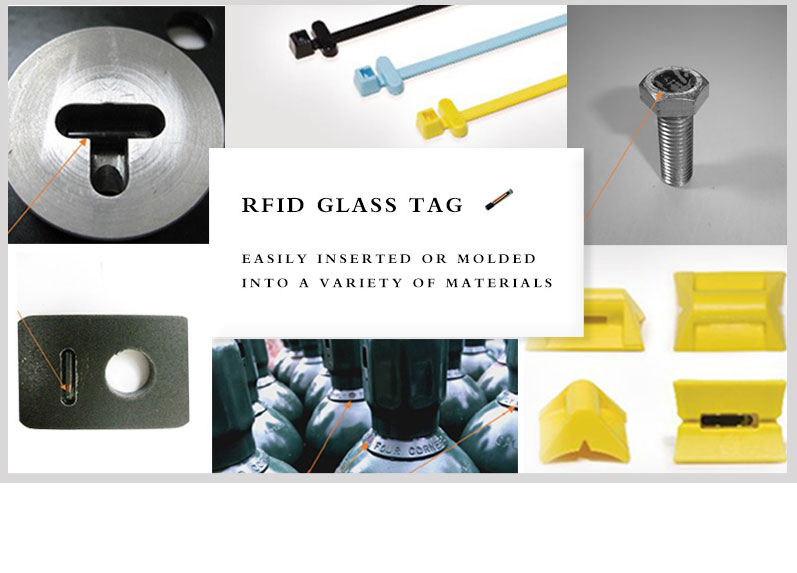Standard glass tag are divided into two types: low frequency Standard glass tag and high frequency Standard glass tag.

The working frequency range of the low frequency tag is 100 kHz~150 kHz, the common operating frequency is 125 kHz, 134.2 kHz, the low frequency Standard glass tag is cheaper than the high frequency Standard glass tag, saves energy, and penetrates the scrap metal objects. The working frequency is not restricted by the radio frequency control. Their reading distance can be up to 0.5 meters, which is much farther than the high-frequency Standard glass tag with a reading distance of up to 2cm. It is most suitable for various types of industrial production, and the application range is generally animal identification, container identification, tool identification, electronic locking anti-theft (car key with built-in transponder), etc. EM4305/Hitag-S256/SIC7999 are all low frequency tags.
The working frequency Range of the high-frequency tag is 10MHz~15MHz, generally 13.56 MHz, the induction distance is generally less than 2cm.
High frequency: 13.56MHz is divided into 14443A/B agreement and 15693 agreement two kinds of agreement chips. 14443A/B is the principle of electromagnetic induction near-field coupling. The distance is close, but there are many encryption protocols, mainly used for identity recognition occasions. The 15693 protocol is relatively far away, but it is more susceptible to interference from metals.

Compared with low-frequency tags, high-frequency Standard glass tag are medium and short-range identification, with faster read and write speeds, larger storage capacity and more reliable encryption functions. They are commonly used in vehicle door locks and various industrial applications, such as assembly lines Production, factory automation, assets management, storage management, etc.





